
AI in life sciences is driving a seismic shift across the industry — transforming how organizations discover drugs, conduct trials, and support patients. No longer a futuristic concept, AI is now embedded throughout the value chain — streamlining research, accelerating development, improving communication, and enabling smarter, faster decision-making.
In this post, we explore how AI is making an impact at every stage of the life sciences journey.
Discovery & Drug Development
AI is playing a critical role in the earliest stages of the pharmaceutical pipeline. Machine learning algorithms can now process vast biological datasets to identify promising drug targets and predict molecular behavior. Companies like Atomwise and Insilico Medicine use AI to screen compounds and simulate drug interactions, dramatically reducing the time and cost associated with traditional discovery processes.
These innovations are helping researchers go from hypothesis to candidate faster than ever before.
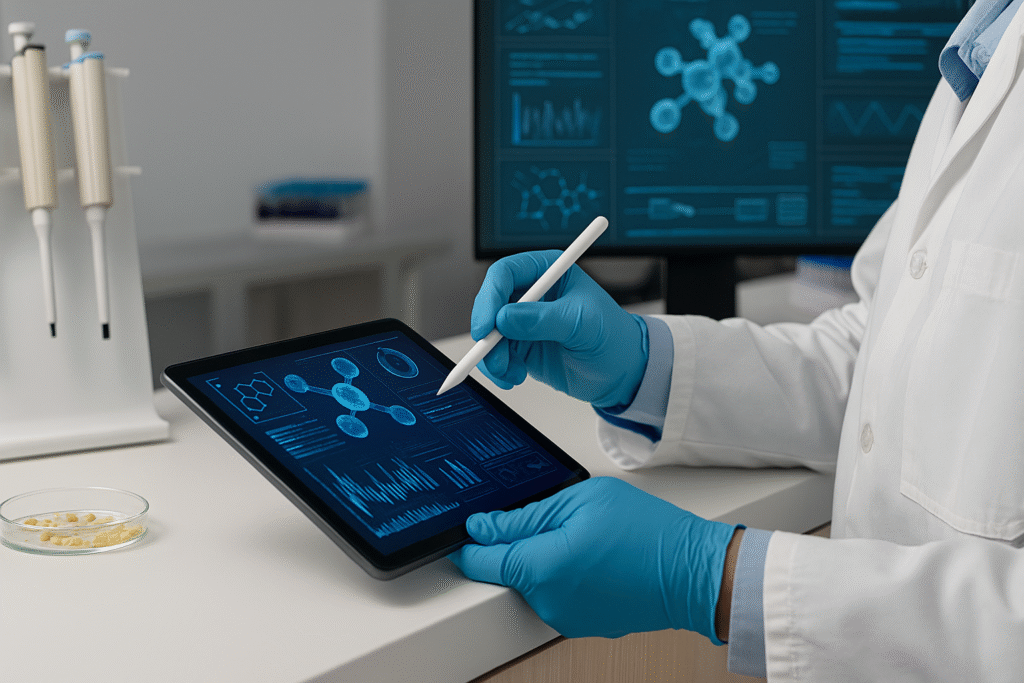
Clinical Trials
Clinical research has long been plagued by inefficiencies, from slow patient recruitment to incomplete data. AI is addressing these challenges head-on. Predictive analytics and natural language processing (NLP) can identify eligible patients by scanning real-world data, electronic health records, and trial criteria.
AI-powered platforms like Trials.ai and Medidata help optimize trial design, create synthetic control arms, and monitor patient data in real time through wearables and remote tools. The result? Faster trials, better data integrity, and improved patient safety.
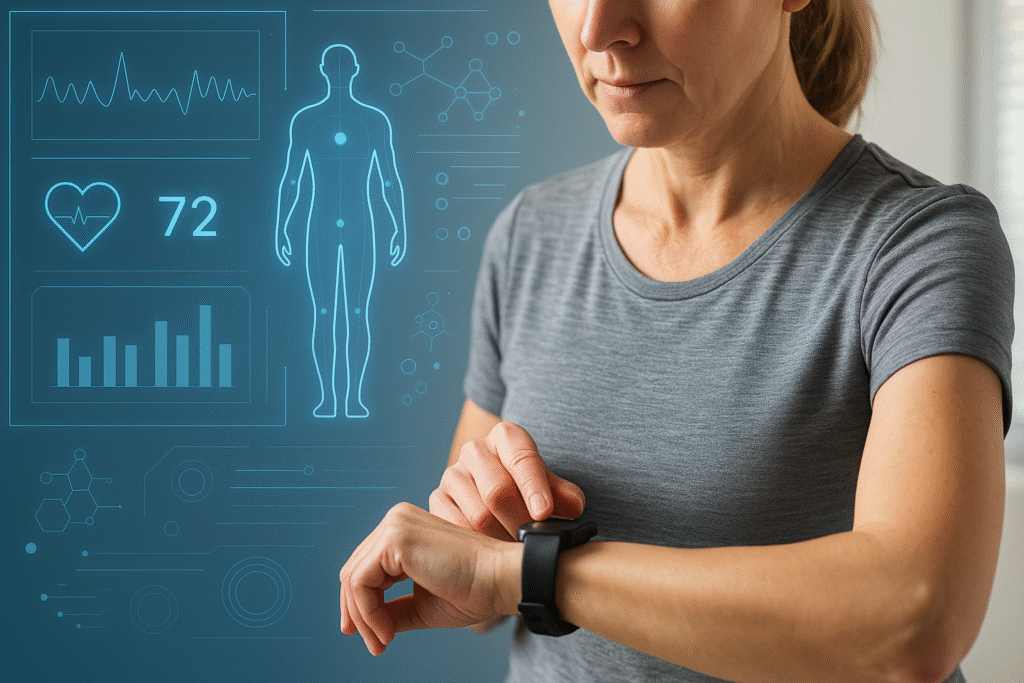
Medical Affairs
AI is also transforming the medical affairs function, enabling teams to work more strategically and efficiently. Tools powered by AI can synthesize large volumes of scientific literature and generate first-draft content for medical responses, slide decks, and training materials.
In addition, platforms like Veeva Link use AI to analyze KOL networks and identify the most relevant experts for scientific engagement. This helps medical affairs teams tailor their communications and maximize impact with healthcare professionals.
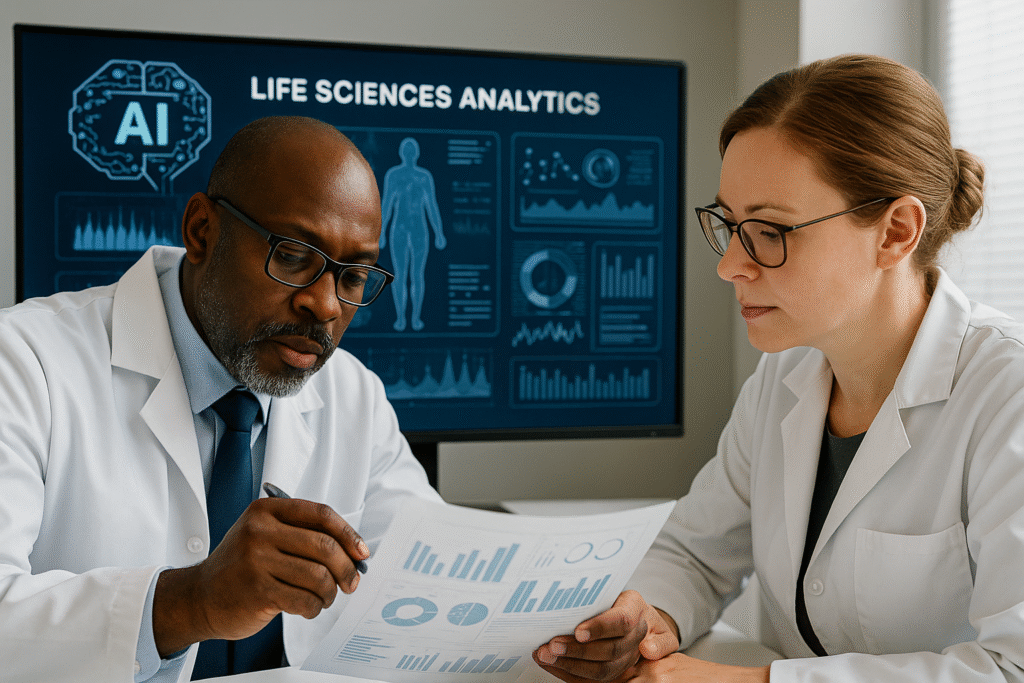
Regulatory & Safety
Pharmacovigilance and regulatory affairs are traditionally manual and documentation-heavy functions. AI is lightening the load by automating adverse event detection, prioritizing safety cases, and extracting insights from unstructured documents.
Solutions like Genpact’s AI-powered PV tools and ArisGlobal’s LifeSphere suite are leading the way in helping teams manage compliance with greater efficiency while reducing human error and review cycles.
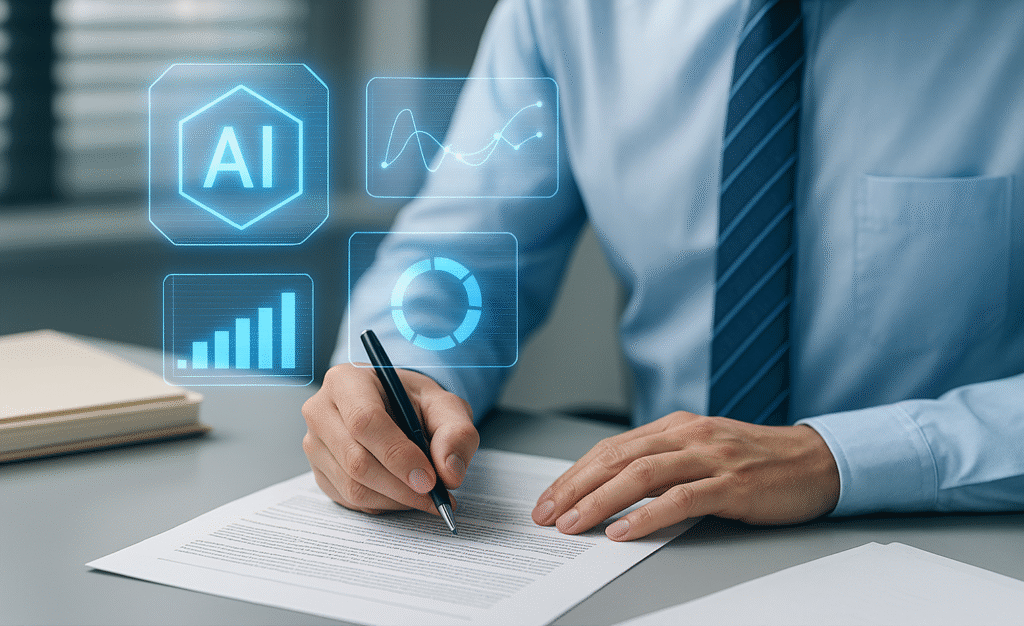
Commercial & Patient Engagement
In the commercial and post-launch phases, AI enhances how life sciences companies connect with both healthcare professionals and patients. Chatbots and virtual assistants are being deployed to provide on-demand product information, support program guidance, and personalized messaging.
AI also enables segmentation of patient populations and real-world data analysis to support market access and health outcomes research. These tools help teams deliver more targeted interventions, ultimately improving patient adherence and satisfaction.
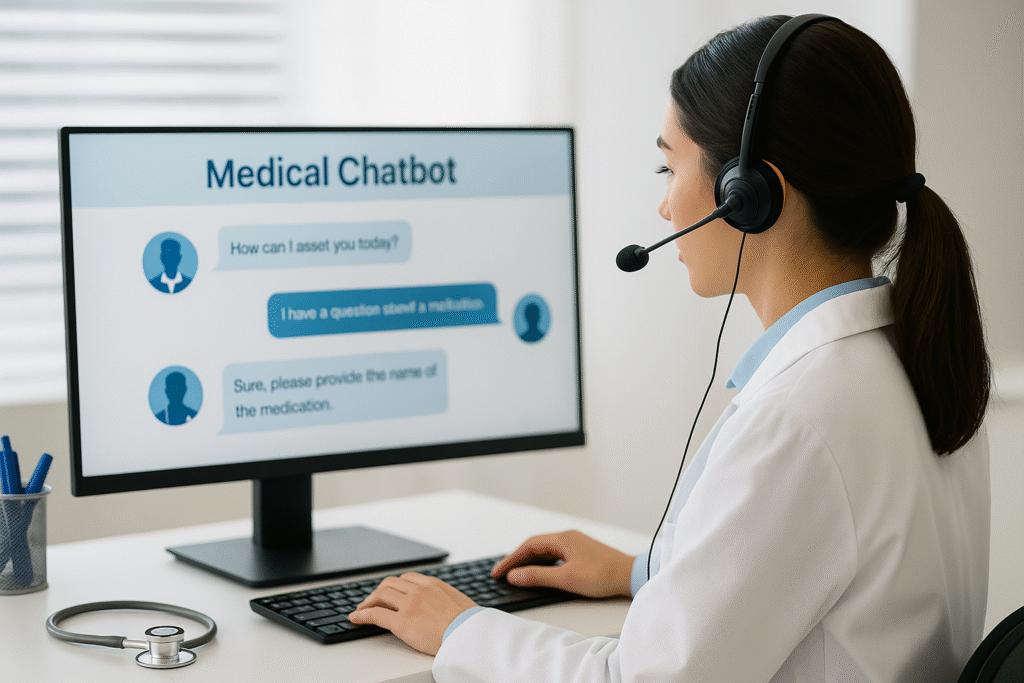
Conclusion
AI isn’t just a tool for clinical operations — it’s a strategic enabler that improves every stage of the trial process. By enhancing speed, efficiency, and inclusivity, AI helps life sciences organizations bring safer, more effective treatments to market faster.
Major pharmaceutical companies like Johnson & Johnson have already shown how AI can double patient enrollment and reduce trial delays. As adoption spreads, AI in life sciences will be essential to staying competitive.
At BioIntelAI, we’ll continue exploring the frontiers of AI-powered clinical research. Subscribe for more insights on how intelligent systems are transforming life sciences.
📬 Join 100+ life sciences professionals getting monthly AI insights. No spam, just signal.
